|
In a nutshell, the answer is yes. The gatekeepers of trade publishing and traditional publishing practices are, by and large, obsolete. WHY ARE THE GATEKEEPERS OF TRADITIONAL PUBLISHING OBSOLETE? Please keep in mind that this isn't a criticism of trade publishing. Merely an objective observation of what gatekeepers promise to offer and how this relates to being published. Now, it is the tradition of the publishing industry to set up middle-men to help make this job easier if not more expedient. This is where agents come into the grand scheme of things. Of course, the question arises, to what purpose do these middle-men serve? To help you get published, naturally. But also to make sure that, as their client, that the publishing houses aren't taking advantage of you and to ensure that the publisher is abiding by fair hiring practices and copyright laws, and etc. So, agents do serve a purpose. But their purpose and function can be easily co-opted into the duties and responsibilities of a self-published author. So, again, they are largely unnecessary. Helpful, sure. Beneficial even. But not a necessity. They are a nice perk. A luxury. But one can still be published without an agent. Even by a traditional publisher. I know, because sure I did. Get published by a trade publisher without an agent, that is. But it's not recommended to go this way. But it is possible. (*Note: I say it's not recommended to go this way because the legal rules and regulations of publishing houses is unnecessarily complex and merely makes it that much more difficult for the author to navigate. The reason for this complexity is that traditional publishing has grown from a practice into a business model and, along with it, all the baggage that entails. But this is a discussion for another time). So, basically, we can all agree that the goal of the agent is to help see that you get published. And the publisher is there to publish you. The question we find ourselves pressed with is, are these things currently necessary to be a published author? The answer is no. So, the follow up question is why not? At present, one can forego the middle-man and bypass their preference regarding what they deem as worthy of publication that determines who and what gets published. Frankly speaking, you don't need this arbitrary assessment to be published. If you don't need it, then their purpose of helping you get published and publishing your novel are by definition: obsolete. In the post-self-publishing world, the fact of the matter is, that the gatekeepers of traditional publishing no longer necessarily serve the function of helping one get published. I mean, they do serve that function, but because of modern technology and the digital format of print on demand publishing (POD for short) they aren't necessary. Not being necessary is the same thing as being obsolete. So it's not meant as a criticism or a slight when I say the gatekeepers of traditional publishing are obsolete. It's not a value judgement. It's simply a brute fact. 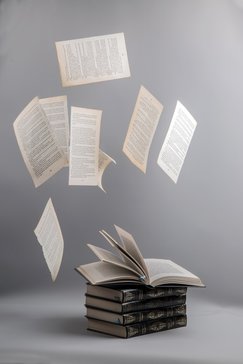 DEBUNKING THE ARGUMENT THAT SELF-PUBLISHED BOOKS = RUBBISH Now, a common argument I hear (and I hear it an awful lot) is that the gatekeepers are necessary because they ensure quality works get published, and not some trite self-published rubbish not even worthy of the mantle of literature. But this is a false equivalence. It's comparing apples to oranges and claiming one is better because it contains less citrus than the other. Allow me to explain why, although technically a true statement (there is a ton of hackneyed and otherwise piss-poor self-published work out there, even I acknowledge this) it is, nonetheless, a bad comparison to make. The reason for this is simple. Because the very reason there exists an overabundance of poor quality self-published Indie works, there also exists and overabundance of truly amazing self-published indie works by extremely dedicated and talented authors. So we can't automatically say that as a point of comparison self-publishing is cheaper or lesser somehow because of an abundance complete rubbish out there, and that because of this observation it proves we need gatekeepers to uphold a golden standard of quality publishing. Likewise, just because a book passed the gatekeeper's value judgements doesn't mean there aren't at least that many traditionally published authors whose work is shoddy at best. Indeed, there are numerous books I've picked up and subsequently put back down because of their lack of quality. Never mind that the so-called gatekeepers deemed it worthy of publication for some reason or another. The point is, I've seen traditionally published books that rival the worst of self-published tripe. I'm sure you have too. But the thing to keep in mind is, the gatekeepers regulate the flow of the stream. Stink-bombs are bound to sneak through, just at a lesser rate than self-publishing which literally throws the flood gates wide open. This is why the comparison simply doesn't hold any water. On the one hand, the gatekeepers are deliberately dialling down the flow of publications, while self-publishing is letting the outflow of publications rush freely. On the other hand, both are valid forms of publishing a work. The quality of work isn't dependent on the rate of flow, but on other external factors. The rate of flow merely generates a higher frequency of running into lesser quality works where self-publishing is concerned. Please, don't mistake my intentions here. I in no way mean to denigrate literary agents. I think literary agents are hard working, wonderful people. I'm merely suggesting that if you desire to be published, you can self publish and therefore would, technically speaking, have no need for one. They still serve a function, sure. But, like robots that build cars, digital self-publishing has made the middle-man's job obsolete. If there's a quicker, better, more efficient way of doing things--why not do it that way? As with the car analogy, maybe you like the hand stitched, finely tuned performance, and unrivalled quality of a Ferrari or a Bugatti? But that doesn't mean that a robot manufactured TESLA is going to be a terrible product. Rather, I think you'll find, even the little Indie guys can produce quality products, whether it be cars or books. MODERN PUBLISHING METHODS OFFER MORE NOT LESS The more the merrier! Or so I've heard. Generally speaking, the idea behind trade publishing and publishing houses was that it was a more affordable means of mass printing, freed up the writer / artist from the necessary obligation of promotion, marketing, advertising, and general business legalities, and helped assign talented editors to work with finicky often eccentric writers. All good things, I'm sure. But these simply aren't required when one self-publishes. Apart from having a talented editor to work with, that is. Writers who try to forego hiring a decent editor are the reason the above criticism about self-published books being rubbish even exists in the first place. The criticism is valid. But, as the same time, it doesn't mean there isn't a surplus of excellent self-published works out there as well. There is. As a hybrid author myself, hybrid meaning one who is both traditionally published and continues to self-publish, I can assure you there are hundreds if not thousands of high-quality Indie authors out there who self-publish. Indy authors take the responsibilities traditionally relegated to the publisher head on, and modern social media plays a major role in how they go about marketing their wares, contacting editors, and networking with fans and fellow authors. It's a lot of work, sure, but it's possible. I know so, because I do it each and every day, just as so many of my fellow self-published Indie authors do. This modern way of doing things isn't about to change anytime soon, as self-publishing is quickly becoming the dominant form of publication in the world today. But, at the same time, I don't think this means that traditional publishing is going anywhere anytime soon. But it does mean that traditional publishing will have to evolve if it desire to maintain a competitive market share in the post self-publishing, post-Indie author, post POD world. PUBLISHING STANDARDS ARE NOT EQUIVALENT It's important to note that there's still no standard yet in Indie / self-publishing whereas there has been a standard for trade publications since the first rule guidelines to publishing were written. The reason self-publishing hasn't adopted all the rule guidelines of traditional publishing is because the medium is drastically different. Although some of the guidelines have updated their content to include certain aspects of modern publishing models, such as POD and digital straight to copy publishing mediums, not everything is accounted for and certainly the modern publishing industry continues to undergo rapid change--so it's a little hard to lock down any standards since they are still evolving. Also, not all of the 'old school' rules translate to the digital medium in which the bulwark of Indie books are published. Therefore, new rules must be devised, vetted, and decided upon. But it's an ongoing process. And to hold the modern world of POD and self-publishing to the exact same standards of traditional publishing would be, in my estimation, a big mistake. IN CONCLUSION: NO ONE PUBLISHING MODEL IS PERFECT If there is anything we can conclude, it's that no one publishing model is perfect. But I would argue there is a clear and distinct winner as far as getting one's worked published, and that is self-publishing. As I writer, my goal is to tell stories and then publish these stories for readers to enjoy. It really is as simple as that. Therefore, it stems to reason, that anyone standing in my way of doing that would not be necessary. In fact, they'd be a hurdle to me having my work published. And if there's an alternative route that can bypass that hurdle and still allow me to have my work published, then I would say this is the clear winner when it comes to deciding what's right for me. I say "what's right for me" because what's right for me may not be what's right for you. Additionally, our goals may not be the same. My goals are simply to write and get published. Your goals my be simply to find an agent and get published by a traditional publishing house. These are different goals with different approaches to obtaining the same ends. Now, if one of the Big Five trade publishers were to come to me and want to publish my work, and their deal was both fair and reasonable, I'd probably would gladly accept. I'm not against trade publishing by any means. In fact, audiobooks, eBooks, and self-published books are all part of the world of trade publishing. It's just that, at the end of the day, there is more than one way to publish books. My point is this: if we leave our personal goals out of it and simply talk about the how to, then the how to of being published doesn't necessitate or require an agent or even a publisher (a printer, yes. But a publisher, no). This isn't to say traditional publishing itself is obsolete. I don't think that. What I think is that the methodology of arbitrating what works are deemed worthy of publication via independent gatekeepers, i.e. agents and publishing houses, it largely antiquated and entirely unnecessary in order to see oneself be published. So, I'm not claiming one model of publishing is inherently superior to the other. That's a myth that needs to be left at the wayside. The truth is, I think that both models of publishing have different benefits and pose different challenges. But, realistically speaking, the gatekeepers of trade publishing are obsolete in the sense they no longer serves any purpose of ensuring publication for those who desire to have their work published.
1 Comment
4/24/2022 10:15:10 am
I agree with your point that one does not require an agent to get published, one can self-publish their own book as mentioned by you in this article. With the help of this article I will surely be able to self-publish my own book. I really found this article very useful and interesting. Thank you for sharing this article with us.
Reply
Leave a Reply. |
Tristan VickBy day I am an educator and a cultural ambassador. By night I entertain notions of being a literary master. In reality I am just a family man and ordinary guy who works hard and loves writing just about as much as I love my family. Just about. AVAILABLE NOWNEWSLETTER
|


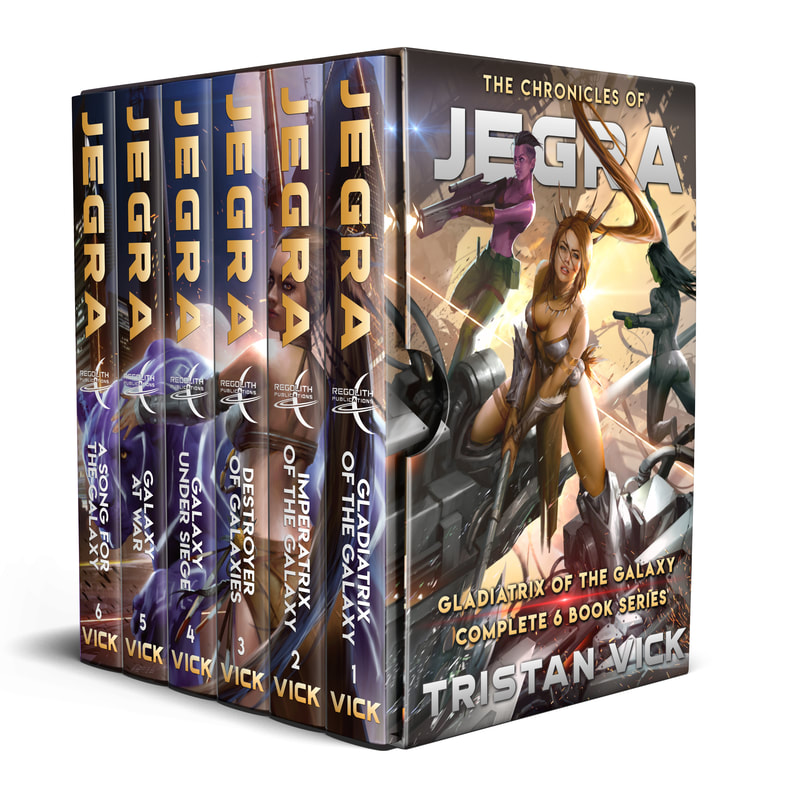
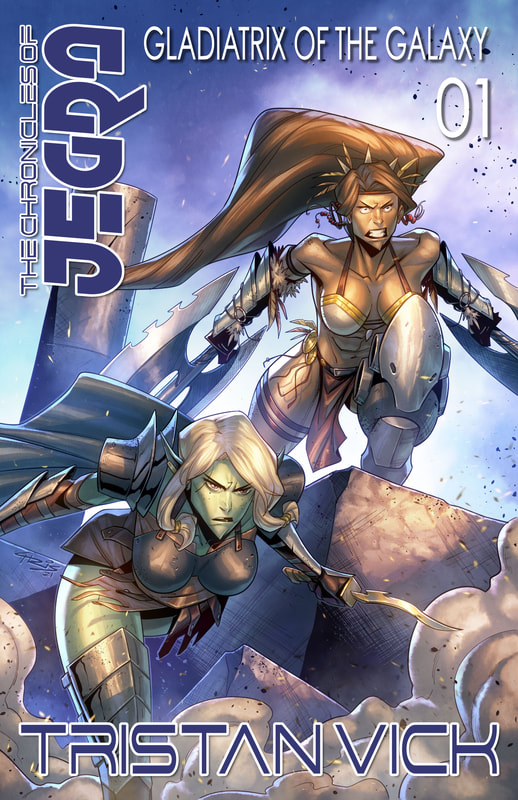
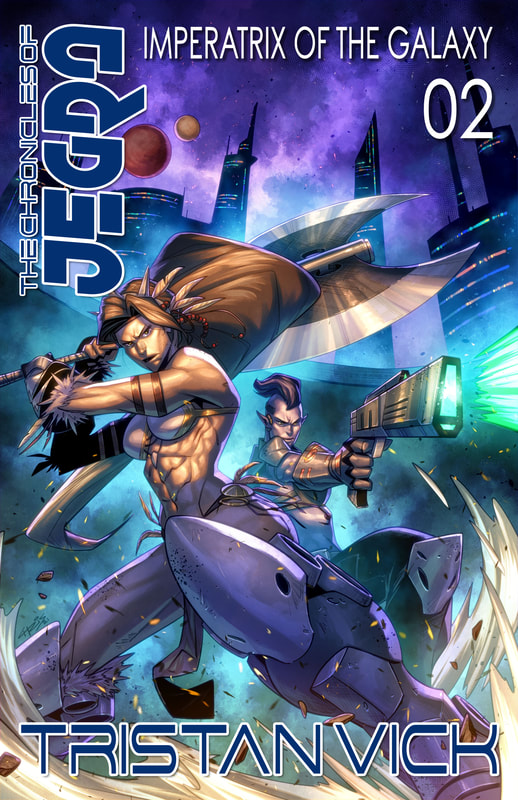
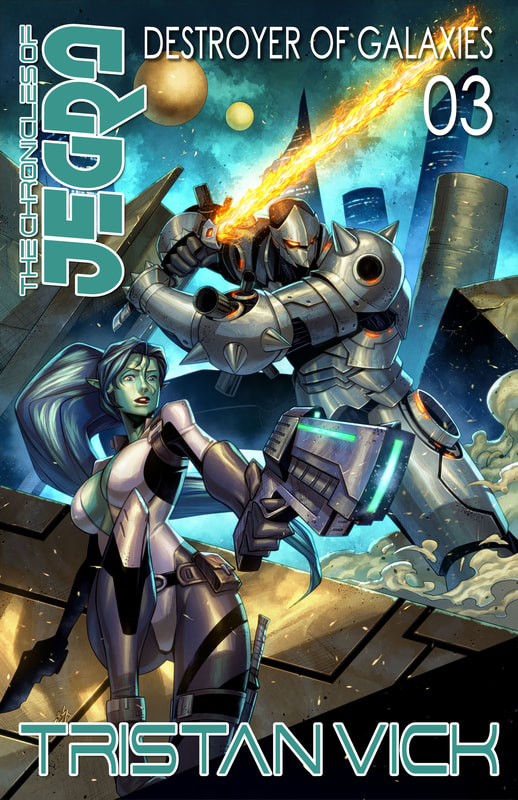
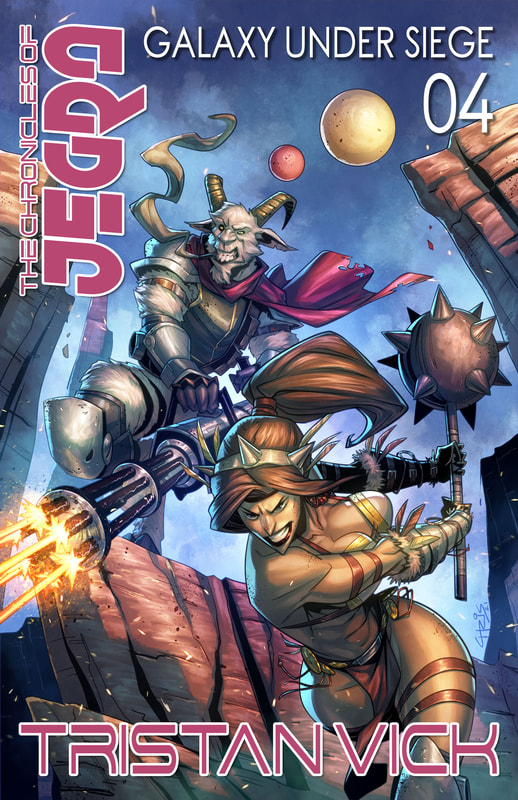
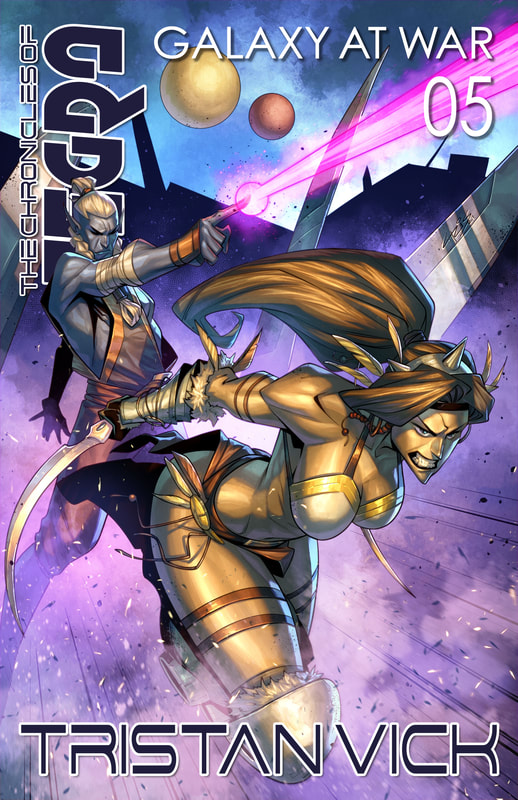
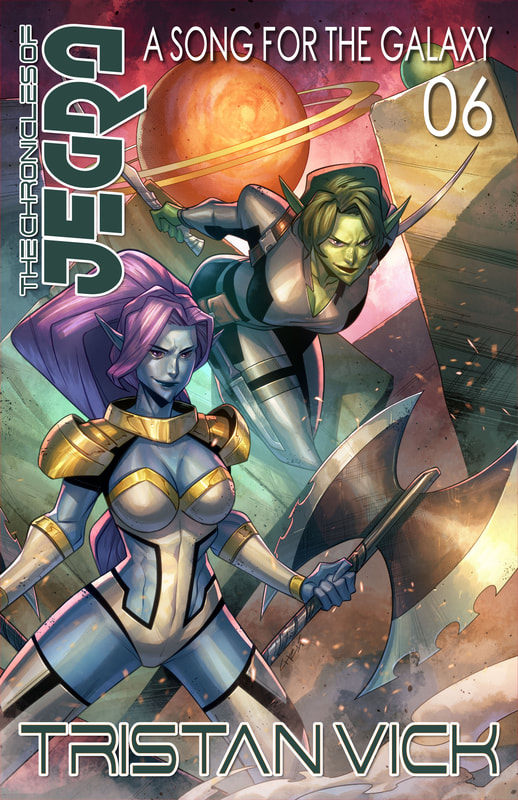
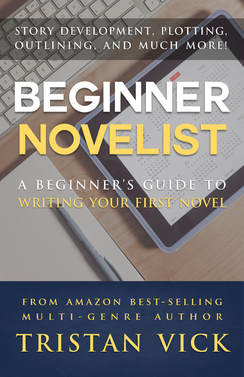
 RSS Feed
RSS Feed

